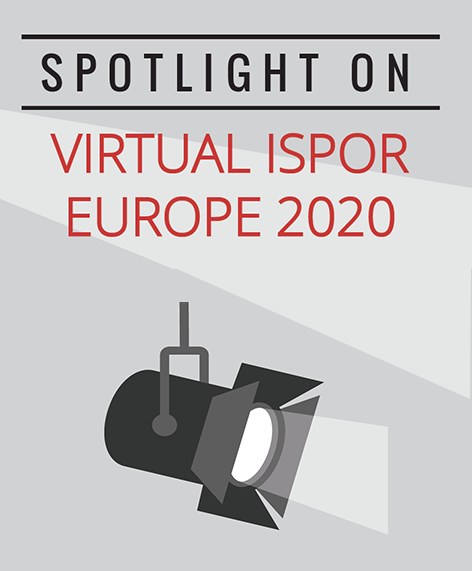The COVID-19 Trial Tracker: A Framework to Provide Real-Time Updates on Emerging Evidence
Nazneen Fatima Shaikh, BPharm, DPharm, Department of Pharmaceutical Systems and Policy, West Virginia University, Morgantown, WV, USA; and Purva Parab, BPharm, MS, Virginia Commonwealth University, Richmond, VA, USA
The COVID-19 pandemic, a period of high uncertainty and rapidly shifting research priorities, led to the emergence of clinical trial interventions at an unprecedented rate. The COVID-19 trial tracker was developed to address the unique need of managing this wealth of evidence and measuring comparative treatment effects across trials in a timely manner (Figure 1). This open access tool is a central repository of clinical trials that is updated on a daily basis for all new scientific findings to be identified easily on a single website. This workshop aimed tor eview the logistics of establishing the tracker, highlighting challenges encountered and solutions learned while setting up the trial tracker and discussing future implementation. The session was moderated by Kristian Thorlund, MSc, PhD, Department of Health Research Methods, Evidence, and Impact, McMaster University, Hamilton, ON, Canada.
Figure 1. COVID-19 trial tracker.
It started with Thorlund setting the stage for the panelists by providing information to the audience on what to expect and who should attend this session. The COVID-19 tracker was introduced, its utility was discussed, and the goal of this session to disseminate results and forward learnings was stated.
Development and Implementation of the COVID-19 Trial Tracker
Michael J Zoratti, MSc, Cytel Canada Health Inc, Vancouver, BC, Canada, described considerations and means of developing the COVID-19 trial tracker. The tracker is essentially a live systematic review that uses a structured approach to evidence gathering that is driven by a PICO statement. A demonstration of the tracker highlighted its user-friendly interface with key features such as real-time updates, filtering capabilities including geographical location, treatment and outcomes, and informative graphs such as cumulative registration and summary plots. The two phases for the trial tracker were the initiation phase involving extensive efforts from a large team and the maintenance phase that relies on a small team of programmers and data extractors. The steps involved in data maintenance are data scrape, automated extraction of select elements, existing records updates, new manual extraction if required, and integration to the existing database. Finally, Zoratti touched upon adaptations of the trial tracker and its features, and the potential of applying this information to any context where information tracking or dissemination is necessary.
“The goal is to disseminate information in a leaner and more effective way than the traditional written report.”—Michael J Zoratti, MSc, PhD
The conceptualization, development, and implementation of the COVID-19 trial tracker was discussed by Grace Hsu, MSc, Cytel Canada Health Inc, Vancouver, BC, Canada. The idea of a trial tracker was conceived in March at a Cytel office in Vancouver with a small team and it progressed into becoming a user-friendly interface within weeks. The basic workflow for the tracker evolved through different methods, programming languages and tools that involved Python, R, R Shiny, Amazon Web Services and Azure. Recent development in the tracker include advanced filtering, treatment network and summary plots.
Challenges identified in the development of the COVID-19 trial tracker: 1) a lack of historical data on COVID, leading to difficulty in conceptualizing features and outcomes, 2) data pulled from multiple registries can have differences in the type and level of details of the trials, and 3) the granularity of data to be presented in the tracker.
The session ended with panelists discussing these challenges and generalization of the tracker to other applications. (Figure 2).
Figure 2. Panelists (top to bottom): Grace Hsu, Kristian Thorlund, Michael J. Zoratti.



